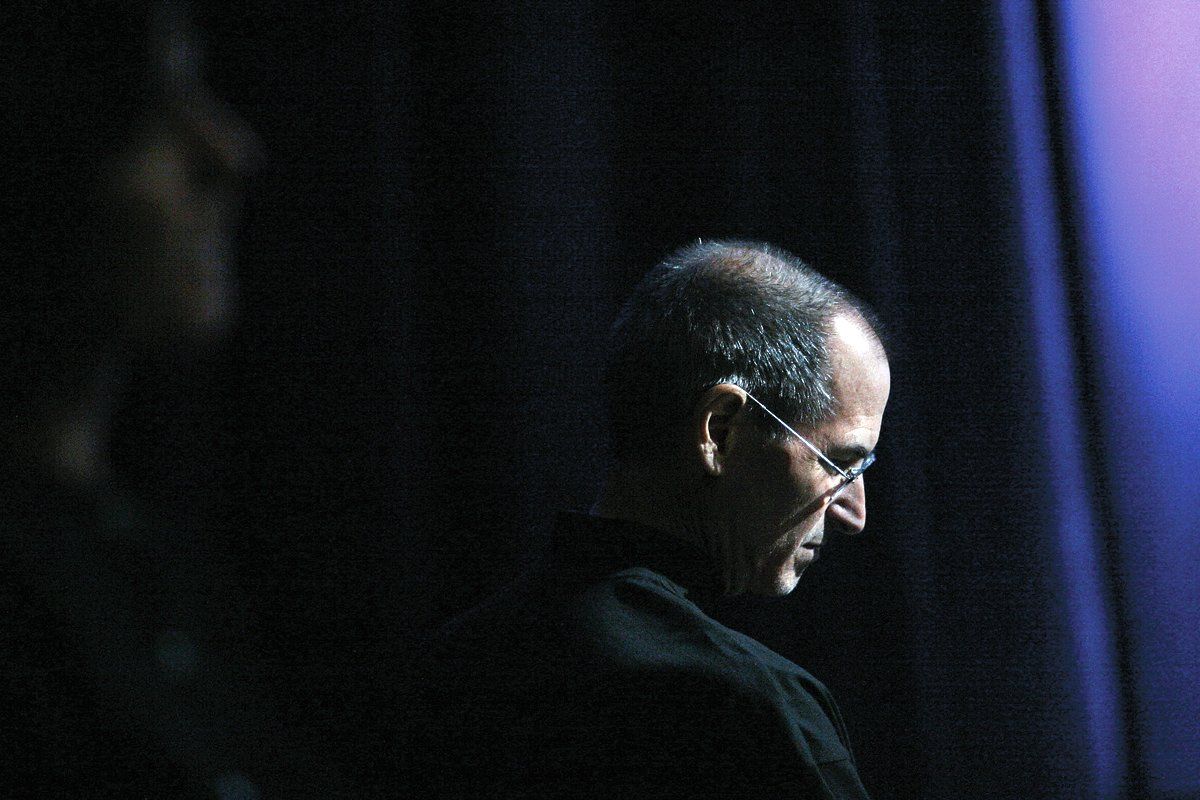
Apple CEO Steve Jobs has gone on a medical leave. With luck this will be temporary, like his last medical leave, in 2009, when Jobs, a survivor of pancreatic cancer, received a liver transplant. But what if he doesn't come back? Ever since the previous time, people have wondered if the company could carry on without him.
The answer is, of course it will carry on. It has loads of momentum and plenty of great products in the pipeline. Nevertheless, Apple without Steve Jobs will never be the same.
The company is working hard to downplay the impact of his departure. It tried to bury the news by announcing it on Jan. 17, the Martin Luther King holiday in the U.S., and then by presenting blowout financial results the next day. During a call with stock-market analysts, chief operating officer Tim Cook—who will run things while Jobs is away—said, "We feel very confident about the future of the company."
They have reason to. In the 2010 holiday quarter, Apple reported $26.7 billion in revenue, up 70 percent from a year before. That means it's nearly as big as IBM, which did $29 billion in the same quarter. In terms of market value, Apple now ranks as the third-biggest company of any kind in the world, with a market capitalization of more than $300 billion.
Some Apple watchers say perhaps the best thing Jobs has done as CEO is to surround himself with extraordinary talent. Cook, a veteran of IBM and Compaq, is one example. Another is Ron Johnson, whom Jobs recruited away from the giant retailer Target to oversee Apple's push into retailing, which has been a huge success.
But Jobs's own role in the company's turnaround cannot be underestimated. In 1997, when he returned as CEO after being tossed out in 1985, Apple was nearly bankrupt. No one else—none of the great CEOs or business leaders—could have done what he has done there since.
The amazing thing is that Jobs is entirely self-taught. He went to Reed College for a while, but he got bored and dropped out. He's not a trained designer, yet he runs what is perhaps the world's best design shop. He has no M.B.A., yet he's probably the most brilliant business strategist on earth. For marketing, communications, salesmanship—nobody comes close.
I spoke recently with Jean-Louis Gassée, a former Apple top executive, and asked him what made Jobs so special. "You have to understand the difference between secrets and mysteries," Gassée said. "With secrets, if you work hard enough, you can figure out the combination and unlock the secrets. But mysteries are mysteries. They can't be unlocked. There's a lot about Steve that's really mysterious."
I don't think his loss will be felt immediately. But over the next few years the company might lose some speed, some of his relentless focus on simplicity and ease of use. Leander Kahney, editor of the Apple-centric blog Cult of Mac, says an Apple without Jobs "won't be quite as bright and magical."
That sounds kind of crazy and New Agey, but I think he's right. Apple over the past 10 years has been more than a great company—it has been a place where magic was made. If Jobs doesn't come back, it will lose a good deal of its magic and mystery. And we'll all be worse off for that.
Uncommon Knowledge
Newsweek is committed to challenging conventional wisdom and finding connections in the search for common ground.
Newsweek is committed to challenging conventional wisdom and finding connections in the search for common ground.
About the writer
To read how Newsweek uses AI as a newsroom tool, Click here.





